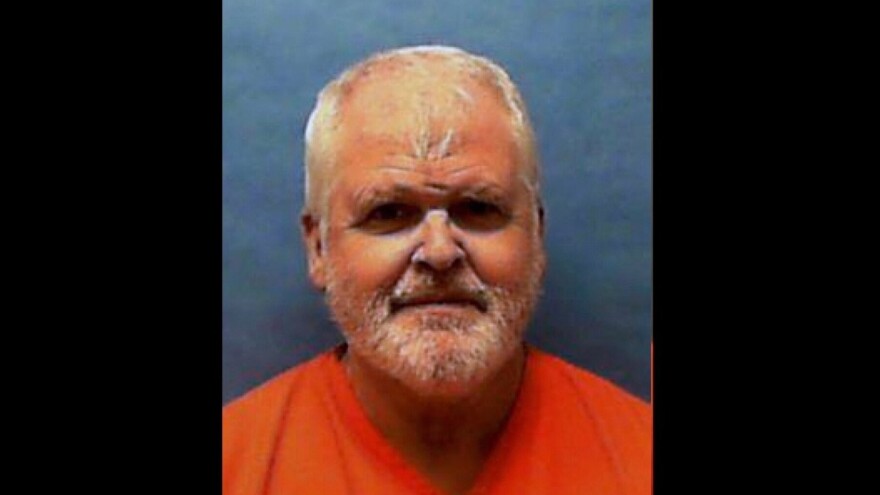With the scheduled execution days away, the Florida Supreme Court on Friday rejected appeals aimed at sparing Jeffrey Hutchinson from being put to death by lethal injection for killing three children in 1998.
The court, in a 6-1 opinion, turned down two appeals after denying another appeal Monday. A federal appeals court this week also refused to halt the execution, which is scheduled for Thursday at Florida State Prison.
Gov. Ron DeSantis on March 31 signed a death warrant for Hutchinson, who was convicted in the murders of his girlfriend, Renee Flaherty, and her children, Geoffrey, Amanda and Logan Flaherty, in the home they shared in Crestview. Hutchinson was sentenced to death in the murders of the children and life in prison in the murder of Renee Flaherty.
While the Florida Supreme Court and a panel of the 11th U.S. Circuit Court of Appeals have refused to block the execution, last-ditch appeals typically are filed at the U.S. Supreme Court. It was not immediately clear Friday whether Hutchinson’s attorneys had filed such appeals.
Court documents said Hutchinson and Renee Flaherty had an argument on Sept. 11, 1998, causing Hutchinson to pack his belongings in a pickup truck and leave the home.
After going to a bar, where he drank beer, Hutchinson went back to the home and used a 12-gauge shotgun to kill Renee Flaherty, 7-year-old Amanda Flaherty and 4-year-old Logan Flaherty in a master bedroom, according to the court documents. Hutchinson then fired two shots to kill 9-year-old Geoffrey Flaherty, who stood in a doorway of the bedroom.
In trying to prevent the execution, Hutchinson’s attorneys have focused heavily on brain damage and cognitive impairment that Hutchinson developed as a result of his service in the Army and Gulf War. That included suffering from Gulf War Illness related to exposure to sarin gas.
The Florida Supreme Court opinion Friday involved a series of issues, including an argument that Hutchinson was denied due process because of the relatively short time to litigate issues between the death warrant being signed and the scheduled execution date. That argument stemmed, at least in part, from the claims related to his medical conditions.
But justices upheld a decision by Okaloosa County Circuit Judge Lacey Powell Clark, who rejected Hutchinson’s arguments.
“In sum, although the warrant period in this case was admittedly short and the record lengthy, Hutchinson has been able to raise numerous postconviction claims and advance arguments to support them,” said the opinion shared by Chief Justice Carlos Muniz and Justices Charles Canady, John Couriel, Jamie Grosshans, Renatha Francis and Meredith Sasso.
In a dissenting opinion, Justice Jorge Labarga said he acknowledges the “horrific facts of this death warrant case.” But he said he could not agree with the “majority’s decision to permit this execution to proceed at this time, without ensuring a reasonable period for this court to conduct a full review.”
If Hutchinson, 62, is executed, he would be the fourth Florida inmate put to death this year.
The Florida Conference of Catholic Bishops this month urged DeSantis to issue a stay of execution and commute Hutchinson’s sentence to life in prison without the possibility of parole.
“We urge you to spare Jeffrey Hutchinson’s life,” Michael Sheedy, the conference’s executive director, wrote in a letter to DeSantis. “We appeal to you that it is possible both to achieve the purposes of punishment and to exercise mercy.”



